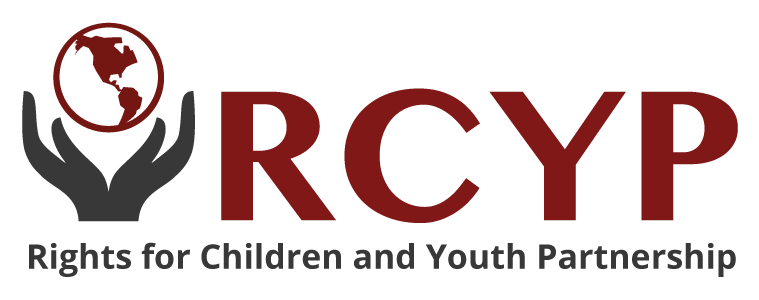- December 10, 2021
Young me always perceived multiculturalism as a positive term that encompasses inclusivity and promotes diversity. As a child, environments and institutions labelled as multicultural always prevailed in my eyes, extending their arms to populations and individuals seen as other, allowing them to express their culture and individuality openly. Today, with 15 years of experience, the question I pose regarding multiculturalism is as follows: Does multiculturalism promote inclusivity, or does it provoke identity crisis?
For much of my childhood and adolescence, I have to admit that I was blind. Blind to micro-aggression, deception, belittlement, and my feelings of being less than. Maturing into a young adult, I’ve been able to piece together these feelings of discontent and how it has shaped me to be the person I am today.
Focusing on institutions first and individual experiences later, I have seen that very few institutions are multicultural. As a former athlete and current student, many of my experiences in educational and athletic institutions have been quite monocultural. I have always had a difficult time looking up to someone that looks like me. I feel as if I have been robbed of the opportunity to look up to a Black woman and say, “I want to be like you when I grow up.” I have never had a Black teacher or professor in my last 16 years of education. Not a Black guidance counsellor, academic advisor, nor tutor. In my years of being an athlete, I have had one Black coach who will stick in my heart forever because it was a rare experience that I unconsciously cherished while I could. But does one role model of resemblance hold enough significance? I’ll be the one to say absolutely not when I’ve been involved with countless organizations in my 21 years of life.
I believe that multiculturalism doesn’t exist in the ways society has pushed us to believe it does. My memories of elementary school and high school consist of a lot of grouping, for a lack of a better term. Filipino kids would hang out together, Black kids would hang out together and similar patterns existed among other racial groupings. Amongst this, it was clear that the White students were treated better than the others. Their needs and wants were met with more understanding and empathy. Educators would treat them with more respect and provide them with excessive leniency and guidance. Opposite to this, I always felt as if racialized students got the short end of the stick. Teachers were impatient, intolerant and would often hold us to an unrealistic standard. I also felt as if we were unnecessarily punished or penalized more often.
For a long period of my adolescence, I wasn’t sure which group I belonged to. As a mixed-race individual, I was unsure if I socially belonged with the Black students or the White students. My skin was too dark and my hair was too curly to be a part of the White clique, but on the other hand, was too light and not curly enough to be a part of the Black clique. I remember being unsure of my identity and who I was until I grew into young adulthood and realized, none of these groupings have any play in my self-identity. The day I began to understand that my identity exists outside the parameters of our segregated society, is the day I made a path to happiness for myself.
On that note, is multiculturalism reflected in society in the ways we are pushed to believe it does?
For the children of the next generation, I hope changes can be made. I hope the segregation and institutionalized superiority of specific populations can be turned around into the inclusion and representation of all. My goal in my lifetime is to aid in that transformation and make a change for subsequent generations.
The views expressed in this blog post are those of the author and do not necessarily reflect those of the Rights for Children and Youth Partnership project, Ryerson University, or our other partners.
 Author
Author
Soriyah Serieaux is a 4th year undergraduate Forensic Psychology (BA) student at Ontario Tech University. Through her field practicum, Soriyah has worked as a research assistant at the Rights for Children and Youth Partnership. Unequal treatment of marginalized populations is an area of passion that Soriyah plans to pursue post-graduation.
